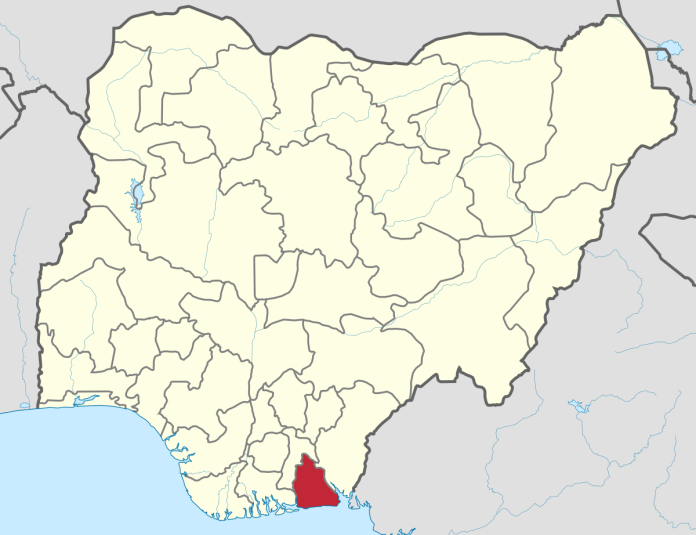The member-elect for Oron/Mbo/Okobo/Udung Uko/Urueoffong Oruko Federal Constituency, Mr. Martins Esin, has faulted the current national structure about the delineation of federal constituencies, saying that the existing imbalance in federal constituencies cannot sustain national development.
Esin, who attributed the imbalance to inaccurate census data, wondered why the country should rely on the 2006 population figure of 140 million people in the delineation of constituencies amid the claim that the country has a population of about 240 million people, representing about 58% difference
He stated this on Saturday in Uyo, Akwa Ibom State, while fielding questions from newsmen on his return from the induction exercise organized for senators-elect and House of Representatives members-elect in Abuja, ahead of the inauguration of the 10th legislature.
While calling on the National Assembly Service Commission to ensure uniformity in constituency offices operated by members, Esin lamented a situation where his federal constituency alone has five local government areas whereas some states have eight local government areas, adding that the imbalance places him in a disadvantage even before the proclamation of the House.
He said, “The current national structure as regards delineation of federal constituencies is stifling national development. My constituency alone, for instance, has five local governments in a country where some states have eight local government areas, this imbalance has placed me at a disadvantage even before the proclamation of the House”
He therefore appealed to the authorities to revisit the issue of delineation of federal constituencies to create another one out of the present Oron/Mbo/Okobo/Udung Uko/Urue Offong Oruko Federal Constituency which he describes as comparatively too large to remain one federal constituency.
Speaking further, the House of Representatives member-elect described census figures as critical to national Development and planning, stressing that manipulating them affects every other aspect of national life.
The businessman-turned-politician maintained that for Nigeria to make progress, certain national developmental issues, including population census must be insulated from political influences and ethnoreligious sentiments to enable the government to formulate and implement policies based on facts, not fiction.
He described accurate data as indispensable to holistic and sustainable development, averring that without it, development will remain elusive.

